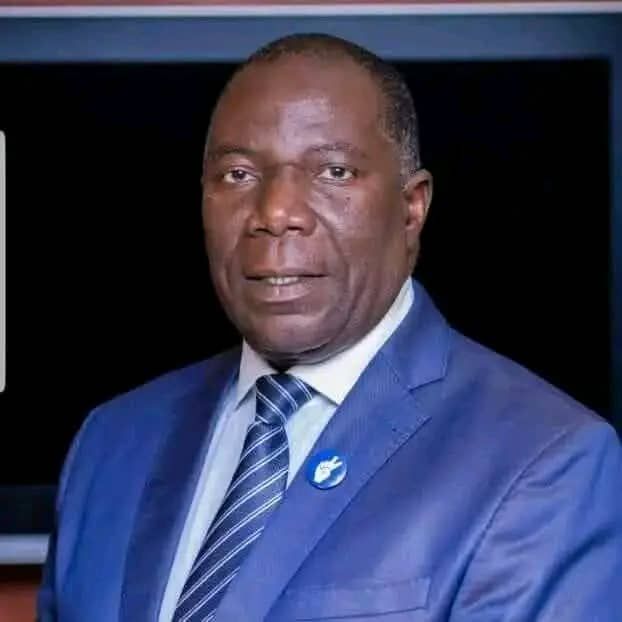By Burnett Munthali
The appointment of Enoch Chihana as Malawi’s second Vice President represents a calculated effort to balance regional politics with national governance.
Chihana’s new role signals the administration’s commitment to inclusivity while navigating the delicate dynamics of party alliances and regional representation.
As a northern political figure, he brings historical significance to the office, highlighting the government’s recognition of long-standing regional imbalances.

Yet, political symbolism alone cannot satisfy the expectations of a citizenry increasingly demanding results-oriented governance.
Chihana is now positioned at the heart of a complex executive, tasked with bridging regional interests and driving tangible policy outcomes.
His success will depend on his ability to manage administrative responsibilities while maintaining political cohesion across diverse factions within the cabinet.
Experience in party politics provides a foundation, but the national stage demands strategic leadership, financial acumen, and policy execution skills.
Public scrutiny will be intense, as citizens evaluate the new administration based on service delivery, economic stability, and infrastructure development.
Integrity and transparency are central to earning public trust, particularly in a political environment often marred by allegations of corruption and mismanagement.
Chihana’s appointment also comes at a time when the government faces urgent economic challenges, including inflation, public debt management, and social service deficits.
Early performance indicators, such as the implementation of reforms, management of public resources, and collaboration with parliament and civil society, will be critical in shaping public perception.
The first six months will likely define the administration’s credibility and set expectations for longer-term governance.
Chihana’s ability to navigate these challenges could redefine the office of the second Vice President, moving it from symbolic representation to a platform for measurable impact.
Conversely, failure to deliver could reinforce public skepticism about appointments driven primarily by political calculation rather than capability.
Strategic alignment with the president’s policy agenda will be essential, ensuring that cabinet decisions reflect coherent national priorities rather than isolated political interests.
The balance of power within the executive will test Chihana’s leadership, requiring both diplomacy and decisiveness to prevent factional disputes from undermining governance.
Ultimately, the public will judge this administration on outcomes—improvements in economic performance, service delivery, and government accountability—rather than rhetoric alone.
Enoch Chihana’s tenure as second Vice President represents both an opportunity and a test: to demonstrate that political appointments can serve as instruments of inclusive governance and effective policy execution.
Success could provide a new model of leadership that integrates regional representation with national responsibility, while failure risks eroding confidence in the executive branch.
The nation now watches closely as the second Vice President steps into a role that is both politically symbolic and operationally critical, with the potential to shape Malawi’s governance landscape for years to come.



